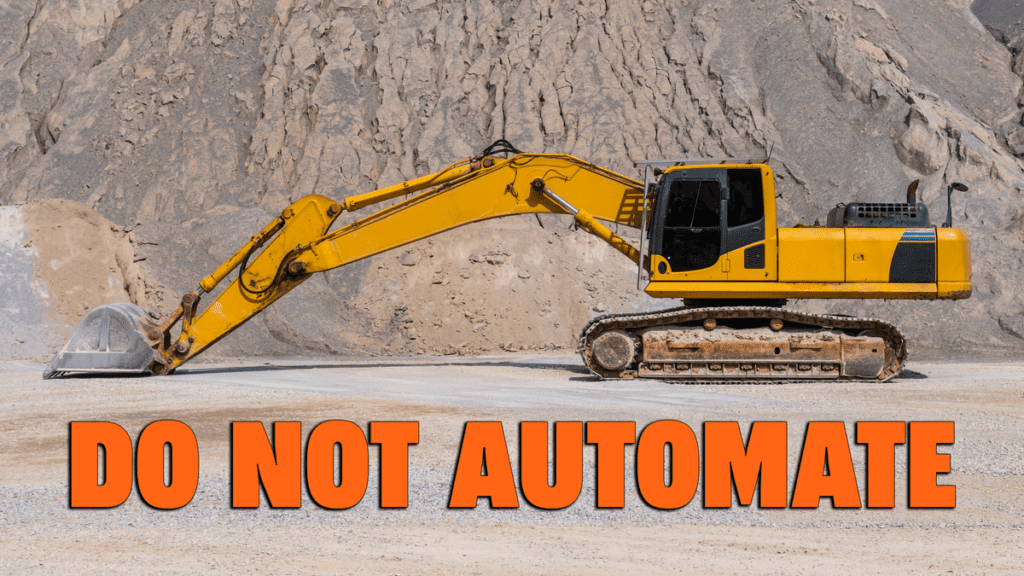Who's Dreaming of Autonomous Construction Vehicles? Likely Not the Construction Workers

Photo: Cavan Images (Getty Images)
As the race for self-driving cars heats up, there’s another automotive world that’s quietly trying to automate: Construction equipment. Far from the consumer-focused world of cars, however, the goal of autonomous construction vehicles is one that’s more difficult to pull off — and more sinister in its intentions.
Siddiq Saunderson Moved to L.A. and Immediately Bought a Prius
In case you missed it:
Wired took a look into the world of construction autonomy and the companies working to achieve that “dream.” The piece discusses the difficulties of autonomous operation on a construction site, by definition an ever-evolving location that needs to be understood by unchanging code, but it doesn’t spend any time on the other side of the problem: What happens to the people who operate construction equipment?
Wired draws the comparison between autonomous cars and autonomous construction equipment, but that’s a false equivalency. Cars are a consumer good; most households in the United States own at least one, and the push towards autonomous driving is meant to make life easier for their commutes. Compared to the number of licensed drivers in the U.S., the number of professional drivers — less than half a percent — is almost negligible. In the grand scheme of things, autonomous driving puts a small percentage of people out of work.
The world of construction is different. No matter how many people get their forklift certification for the rizz, construction vehicles are almost exclusively operated by people who do so to earn a living. The goal in automating these vehicles is explicitly to pay fewer human people for more labor. Caterpillar’s chief engineer told Wired as much, saying that the company wants one person to be able to operate “four or five” machines—meaning companies get four or five times the payoff from a single salary.

15% off
Promescent Pleasure Pack
Spice things up in the bedroom
he Promescent Pleasure Pack is a fantasic deal that offers a little something for both you and your partner. It comes with both Promescent Delay Spray and Female Arousal Gel, both products designed to help partners last longer and get the most out of their time getting intimate together. Save 15% off from now until April 30.
Big names in construction know this, of course. The industry is facing a “labor shortage,” one that would likely disappear—or be drastically reduced—with the kind of labor multiplication that autonomy offers. But autonomy, difficult and expensive as it is, isn’t the only way to address that problem. There’s a better way: Pay more, and improve working conditions.
For all its flaws, the dream of autonomous vehicles is an understandable one: Everyone hates their commute, so why not make the car do it instead? The “dream” of autonomous construction equipment, however, isn’t a dream of improving lives. It’s just a dream of improving profits.



